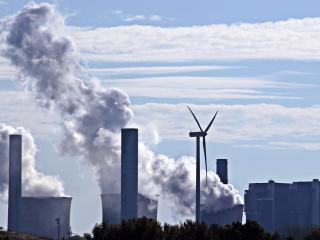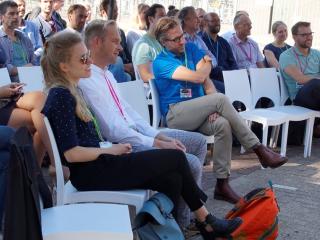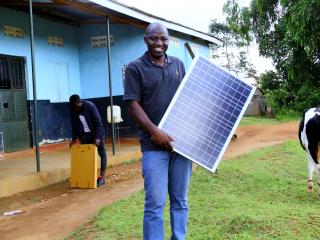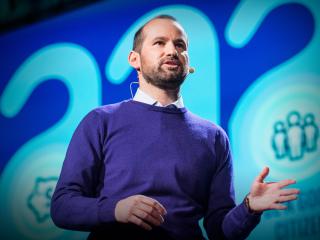Introduction Energy Transition: more than just technology
In terms of scale and impact the energy transition we are facing has been compared to a mega project like the Dutch Delta Works undertaken in the second half of the twentieth century to protect the Netherlands against rising water. Today, the threats of climate change and global warming through CO2, rising sea levels, melting glaciers and overflowing rivers are once again necessitating rigorous measures – but very different ones this time round.
The energy transition is concerned with the changeover from fossil fuels (coal, oil, gas) to sustainable sources (solar, wind, geothermal, hydrogen). There are technological solutions available, but they are not the whole story. Tilburg University conducts research into the conditions under which people actually use these solutions and change their behavior.
Climate Agreement
The (draft) Climate Agreement lays down agreements on the energy transition in the Netherlands. These agreements are intended to lead to concrete measures that will enable the country to achieve its goal: almost halving CO2 emissions by 2030. The Netherlands aims to be entirely CO2 neutral by 2050.
Climate Act
The Climate Act was passed by a large majority in the Dutch Senate and House of Representatives. The act lays down by how much CO2 emissions are to be reduced in the Netherlands by 2030 and 2050, and through which binding measures this is to be achieved. The Climate act gives civilians and companies greater certainty about the route the Netherlands is taking.
We all need to get moving. And fast.
Technology
Solar panels, wind turbines, biomass, heat pumps, charging stations and batteries have been given leading roles in the energy transition. Hydrogen, too, is expected to make a substantial contribution in due course. But technology and awareness alone will not be enough. We will also need to see real changes in behavior, to show the will to choose sustainable solutions, and at all levels – industrial, governmental, and civilian. We all need to get moving. And fast.

Science
Tilburg University is contributing towards this process with research that can help the country to achieve the energy transition. Tilburg scientists are carrying out research into energy taxes, the circular economy, energy labels, emission systems, environmental law, corporate social responsibility, regulation, biodiversity, sustainability, and international energy law, to name just a few. A number of these researchers are united in the Climate and Energy Transition Community that cooperates with businesses, authorities and other partners. Tilburg University alumni are also involved in the energy transition, with environmental advice, energy start-ups, energy management, consultancy, and more.
The energy transition edition
In this Tilburg University Magazine you can read about the legal whirlwind that needs to blow through the energy transition, about sustainable Tilburg-made lighting in African darkness, how new electricity can stimulate sustainable behavior, about the impulses of an Enpuls manager, about European emissions trading, and ask what you yourself can do: ‘Carbonkiller, qu’est-ce que c’est?’
Photography: Rijkswaterstaat, Pixabay
Energy Transition in Tilburg University Magazine
Date of publication: 28 August 2019






